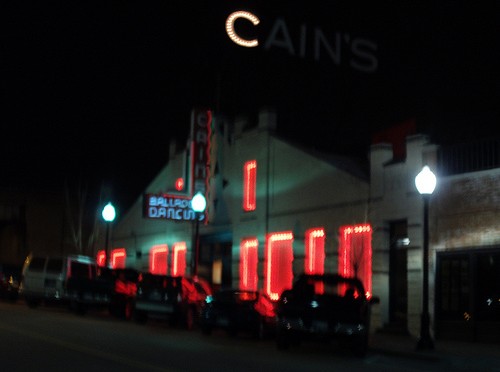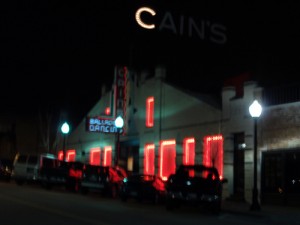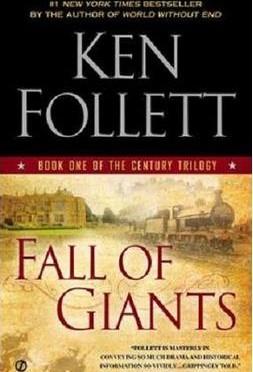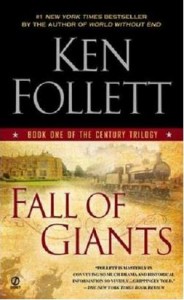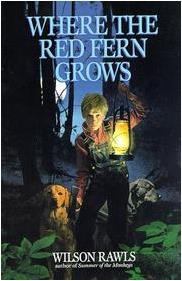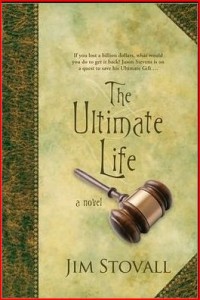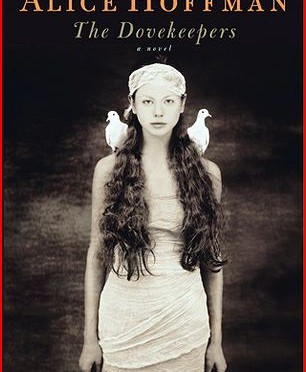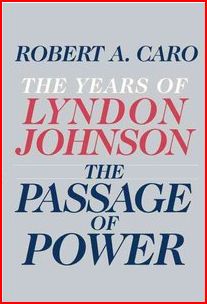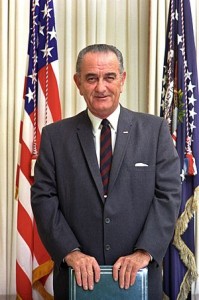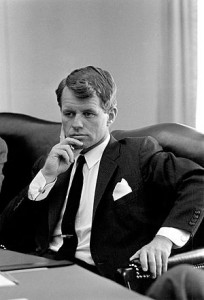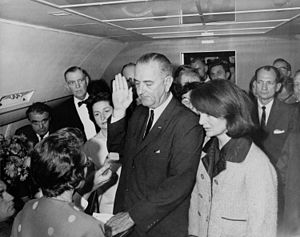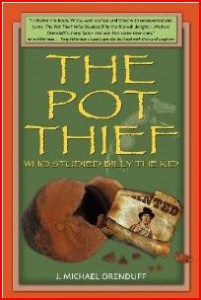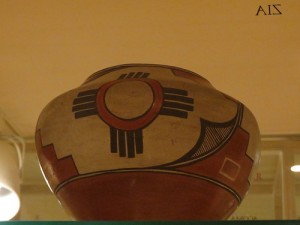“The Passage of Power” is
Robert Caro’s fourth of five planned volumes on the life and time of
Lyndon Johnson. This one is like the others in that it is meticulously researched and well written. “Passage” covers the end times of Johnson’s time as Majority Leader in the Senate to his time as Vice President under John Kennedy through his inheriting the Presidency upon the murder of Kennedy and then the transition the next few months after that.
|
|
| Portrait of President Lyndon B. Johnson Deutsch: Lyndon B. Johnson (* 1908) Italiano: Lyndon B. Johnson nel 1969 Nederlands: Lyndon B. Johnson (Photo credit: Wikipedia) |
There is to be sure a lot of history in the book but what really fascinated me was Johnson’s personality. Caro’s first three books detail Johnson’s rise from a hard childhood in rural Texas to college and then on to his first elections and on to the Senate. Johnson had a talent for acquiring power and for a determining a person’s weakest point. He was ruthless in using both things to get what he wanted. Upon his elevation to Majority Leader in the Senate he ran the place and didn’t put up with nonsense from anybody.
This book describes how Johnson wanted the Presidency more than anything but had a huge fear of failure that kept him from pursuing the 1960 elections. He ended up accepting the VP candidacy despite the fierce opposition of John Kennedy’s brother Robert. I had never paid
Robert Kennedy much attention. He seemed to me to be another passionately liberal Kennedy who liked to play touch football but as Caro describes him Robert Kennedy was ruthless in his own way. He was very aggressive and was kind of his brother’s attack dog for many things. It turns out that Robert Kennedy and Lyndon Johnson hated each other.
|
|
| Robert F. Kennedy, Cabinet Room, White House, Washington, DC. (Photo credit: Wikipedia) |
The book goes on to describe how Johnson was dismayed to find out that the Vice President didn’t have much of job and that JFK kept him on a short leash and did not include him on discussions of many issues of the day. As Caro describes it, deprived of his power Johnson became whiny and miserable.
|
|
| Lyndon B. Johnson taking the oath of office on Air Force One following the assassination of John F. Kennedy, Dallas, Texas, November 22, 1963 (Photo credit: Wikipedia) |
Upon John Kennedy’s death however Johnson immediately took over the reins of the government and moved quickly to try and keep as many of “Kennedy’s men” to stay and put his own stamp on the administration. John Kennedy had been trying to push some major civil rights legislation but had been getting nowhere with it despite Johnson trying to offer advice. The basic problem was that the “Solid South” had been blocking Civil Rights legislation for decades and the way they did was by holding other important bills hostage. Johnson knew the game because he had been one of those actively blocking civil rights legislation for years. Johnson knew that although the northern Liberals such as Hubert Humphrey had the passion on their side, the Solid South knew the Senates rules and parliamentary procedure by heart. So legislation died a thousand deaths of delaying tactics and gutting amendments.
A fascinating part of the book is the description of Johnson’s intricate knowledge of the Senate’s rules and his relationships with the players in order to get bill after bill passed. I’ve read elsewhere speculation that if Kennedy had lived his legislation may not have passed.
Another fascinating side of Johnson was his complete corruption. This book and Caro’s previous books detail Johnson’s greed in acquiring wealth and the payoff’s he took and lots and lots of shady dealings. For example upon becoming President he needed to have certain pesky reporters who were investigating his various shady dealings stopped. Newspaper companies are vulnerable because of their associated radio and television stations. Johnson called up the owners and threatened them with audits and other harassment if the reporters didn’t quit. They quit.
So Johnson was a complex character. A man who stood with the “solid south” for years to deny civil rights to minorities and also the man who got them the right to vote and ended official segregation. A great leader but also a craven crook.
In 1964 he had negative ratings in the single digits. I was in grade school in Price, Utah when he ran against Barry Goldwater. We would link arms and march around the school yelling “LBJ for the USA” over and over during recess. Several years later we would see protesters on television linking arms and yelling “Hey, Hey, LBJ how many kids did you kill today.” By the time I got to eighth grade, by then in the little burgh of Eagar, Arizona it was hard for me to imagine how the country could last five more years.
I can’t wait for Caro’s next book. I hope that he hurries because he is 77 years old and I don’t need him running out of gas before he finishes.. The next book covers Johnson’s downfall and the Vietnam War.
Anyway, for those that stuck with me, this is a great book. Five stars out of five.

